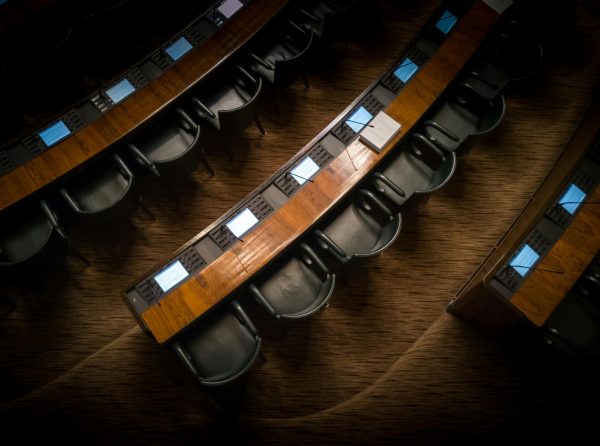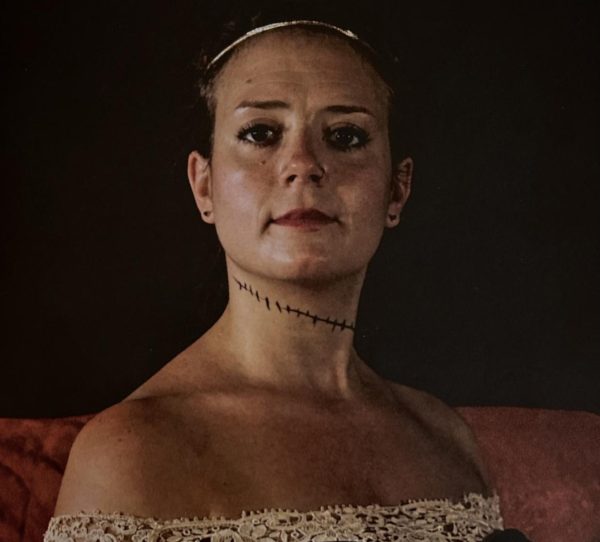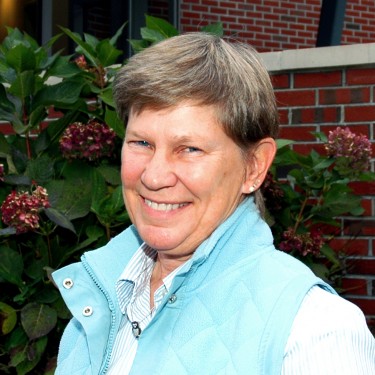OpEd: Silencing Prisoners is a Crime
Maine seeks to further hinder prisoner’s contact with the outside
Last week, the Maine Department of Corrections released the proposed changes to their discipline policy, under Ch. 10 Subsection 20.01. These changes include prohibiting prisoners from interacting with the public via media, by “Acting as a reporter, publishing under a byline, or blogging, directly or indirectly, hosting or being a guest on a broadcast, or acting as an agent of the news media” and forbids them from writing to a pen pal. Together, these measures severely restrict inmates’ interactions with the outside world, making it more difficult for offenders to feel connected and to adjust to the outside when they are released. They invite abuse from the prison system by silencing the inmates’ voices and condemning them to punishment including “disciplinary segregation” for speaking out, and they certainly violate their first amendment rights as U.S. citizens.
There is a great deal of apathy when it comes to the rights of prisoners, a temptation to write them off as deserving of their punishment and undeserving of the rights of other citizens because they have committed a crime. This, however, is a false and dangerous belief — a fundamentally dehumanizing idea that ‘because someone is ______, they are less than human. they don’t deserve full human rights.’ This notion is at the heart of racism, sexism, classism, homophobia and many other injustices. In a nation where an overwhelming majority of our prisoners are people of color incarcerated for minor offenses or addiction, this proposal is objectionable because it targets a vulnerable and persecuted section of the population, seeks retribution instead of rehabilitation, and plays into this insidious belief that prisoners are less than human.
In order to better understand the implications of this proposal, I reached out to Arielle Greenberg Bywater. Bywater is a writer and professor of English and Creative Writing, and has worked with inmates through the University of Maine-Rockland prison education program. When asked about the impact working with the men and women of Maine’s prison system in her classes had on her, she responded:
“Teaching in the prison changed my life. A huge portion of the American population is incarcerated, and many Americans have no idea what it’s like behind bars. I learned so much from being in the prison: about democracy, about justice, about masculinity, about compassion….By and large, most of my students are guys from disadvantaged backgrounds who, due to circumstances largely beyond their control and some that were in their control, made poor choices, mostly when they were under 20 years old. And the truth is, young men make stupid choices, for a wealth of reasons that include poverty, despair, anger, drugs, lack of self-control, lack of good role models, etc.”
Bywater stressed their humanity, saying “These guys aren’t monsters. They are human beings who messed up. The vast majority of us mess up from time to time, and the vast majority of us are also capable of doing better, if so encouraged.” She finds it overwhelming important that prisoners be allowed to write about their experience, via blogs, letters, classes, whatever way they safely can. These exercises keep them “sane and focused in the difficult prison environment. It also allows them to think through their own daily experiences via the eyes of an outsider, which is really valuable–intellectually and emotionally–when your world is so small and insulated.” To her, these proposed bans constitute cruel and unusual punishment. She is a pen pal to some of her former students, stating “On a more personal level, I’ve stayed in touch with a couple of my students via letter-writing. I came to really care about my students, of course, as a teacher always does, and these letters allow me to keep track of them, know how they’re doing, offer them some hope and encouragement, and let them know they are not forgotten. I would be crushed if they were punished because they wanted to send their English teacher a letter!”
Jason Stanley delivered this year’s David Hume Lecture at the University of New England, “The War on Thugs” Thursday night. He discussed America’s problem with mass incarceration, a complex issue steeped in serious racial tension, the ineffective war on drugs, and their relationship to propaganda. Stanley is a Professor of Philosophy at Yale, a Board Member of the Prison Policy Initiative, and his latest book, How Propaganda Works, was published in May. When asked during the Q & A section of his talk about this proposal, he replied “We have to recreate to address our prison problem…we have to get [the public] to empathize with the perpetrators of crime. A person is not the sum total of their worst actions.” He went further, saying “what you’re doing when you cut off communication to prisoners-you’re trying to prevent them from reaching out and saying ‘we are human.’”
The idea that all of our citizens are deserving of human rights, no matter who they are or what they are labelled, is fundamental to protecting and furthering democracy. If you’d like to get involved in preventing these proposed changes, you can click here to sign the petition, or email Mary Lucia ([email protected]) with your concerns.












